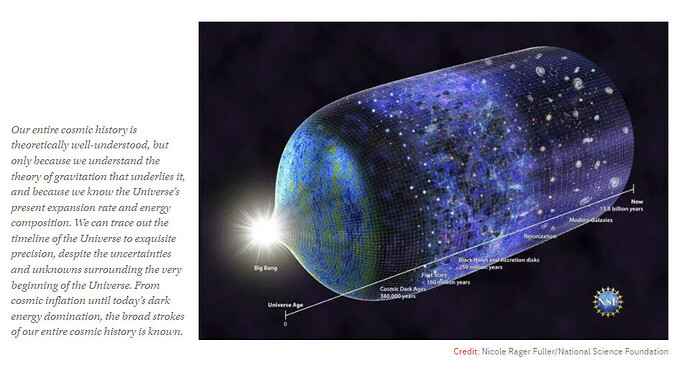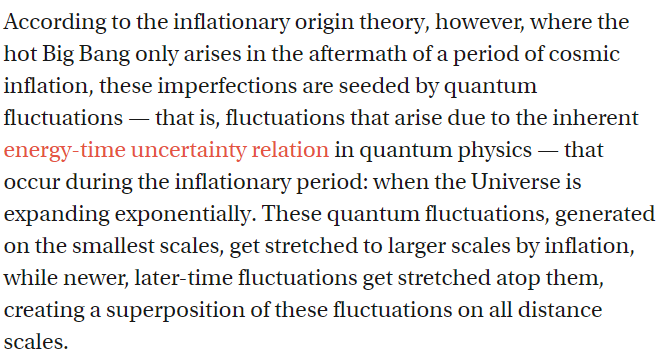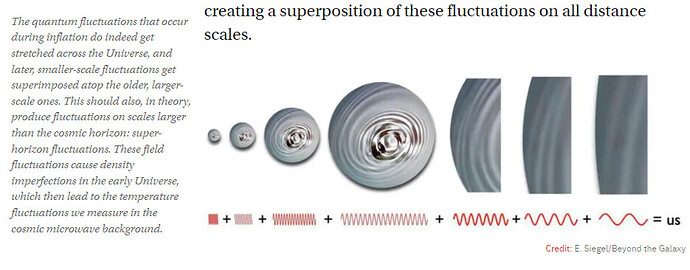So I asked ChatGPT about how the immediate effect of an uncaused cause will appear to come from nothing. After being told many philosophers and theologians have discussed this throughout history, I asked for specific citations, and the examples were humorous in an odd sort of way:
Thomas Aquinas, in his “Summa Theologica,” states: “To create is to produce a thing from nothing. But God alone can create out of nothing, because he alone is uncaused.”
Lawrence Krauss, in his book “A Universe from Nothing,” argues: “Quantum mechanics tells us that ‘nothing’ is inherently unstable, and thus the universe, even if confined to the smallest possible scale, could spontaneously appear from nothing.”
Gottfried Wilhelm Leibniz, in his “Monadology,” writes: “The creation of the universe was not like the work of a prince who builds a palace with material already prepared, but it was the production of the universe from nothing, as creation ex nihilo implies.”
Immanuel Kant, in his “Critique of Pure Reason,” states: “A beginning of the world must either be admitted or the series of appearances must be held to be beginningless. In the former case, the world must have arisen from a state in which it was not, that is, from a state which, if we think of it, involves a contradiction; in the latter case, the existence of the world must be regarded as a series that has no beginning, and which has therefore no first cause.”
Stephen Hawking, in his book “A Brief History of Time,” writes: “The universe can and will create itself from nothing. Spontaneous creation is the reason there is something rather than nothing, why the universe exists, why we exist.”
William Lane Craig, in his book “The Kalam Cosmological Argument,” argues: “If the universe has a cause of its existence, then we must either say that there is an infinite regress of causes stretching back into the infinite past or that there is a first cause beyond which there is no further cause. The latter alternative seems to me the more reasonable. For if there is no first cause, then there cannot be any intermediate cause either, since a chain is only as strong as its weakest link.”
Bertrand Russell, in his essay “Why I Am Not a Christian,” writes: “If everything must have a cause, then God must have a cause. If there can be anything without a cause, it may just as well be the world as God, so that there cannot be any validity in that argument.”
Richard Swinburne, in his book “The Existence of God,” argues: “The argument from the existence of the universe to the existence of God is that it is very probable that the universe had a cause, and that this cause is God. This argument rests on the general principle that everything which begins to exist has a cause.”
St. Augustine, in his book “The Confessions,” writes: “For thou [God] didst make heaven and earth, not out of any material, since there was no material, but out of thyself, yea, and not out of thyself as one thing made of another, but out of thyself as thy Word, co-eternal with thee and by whom thou didst make all things.”




